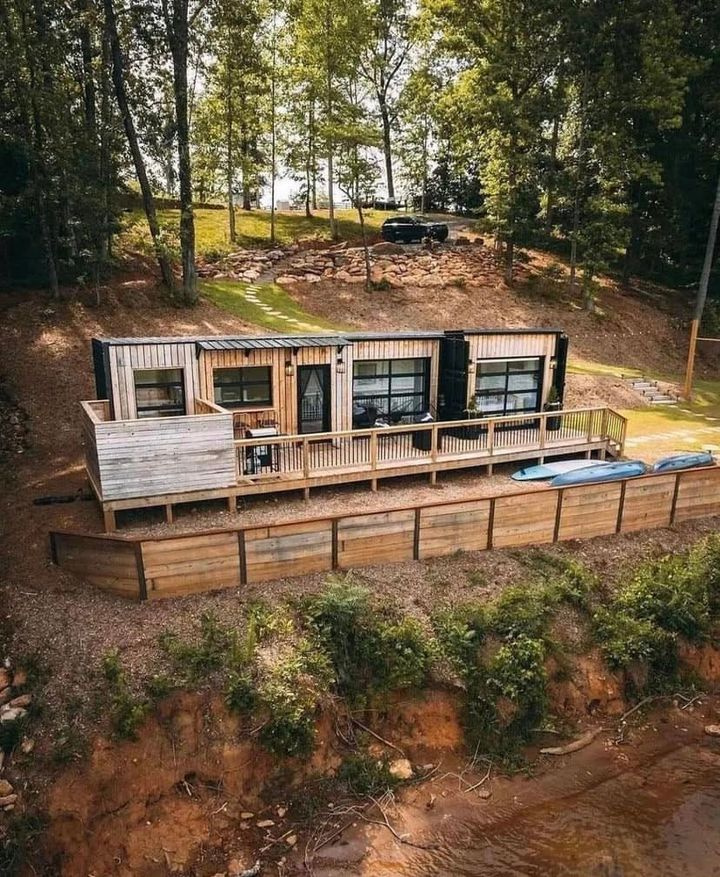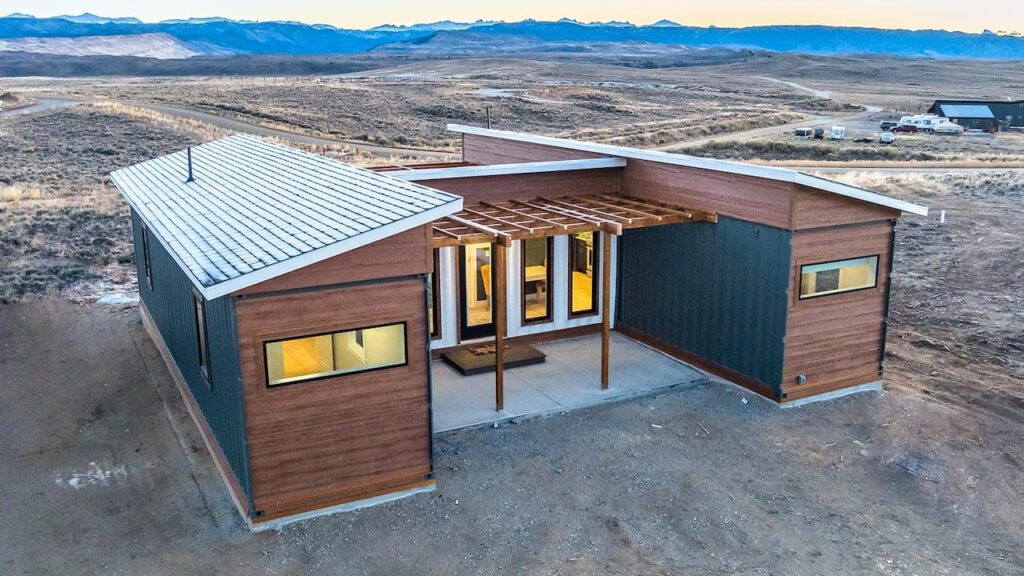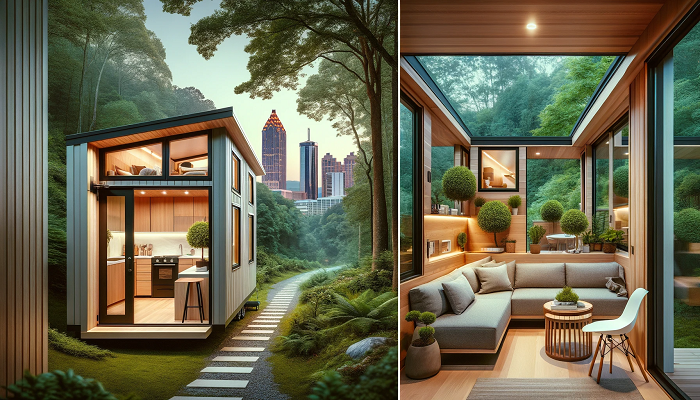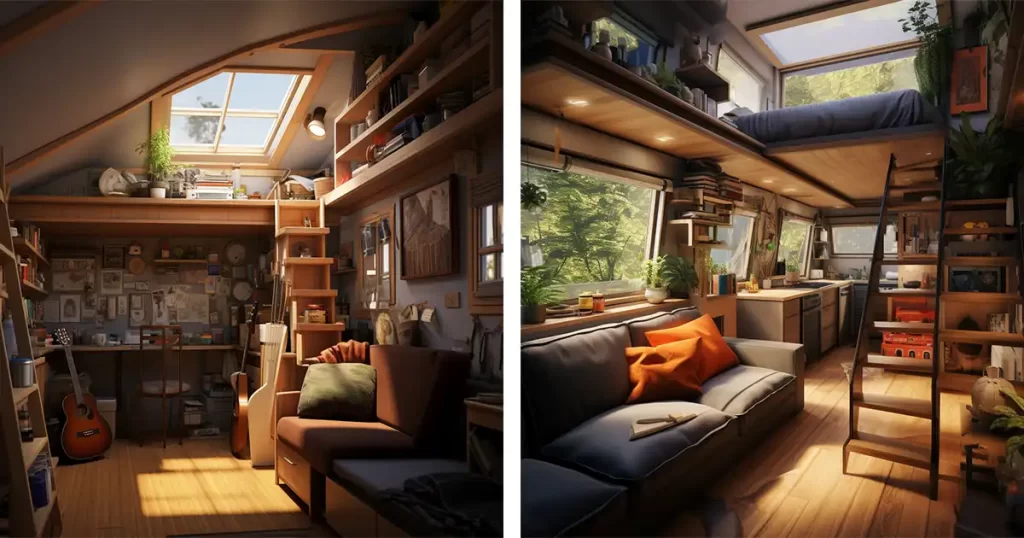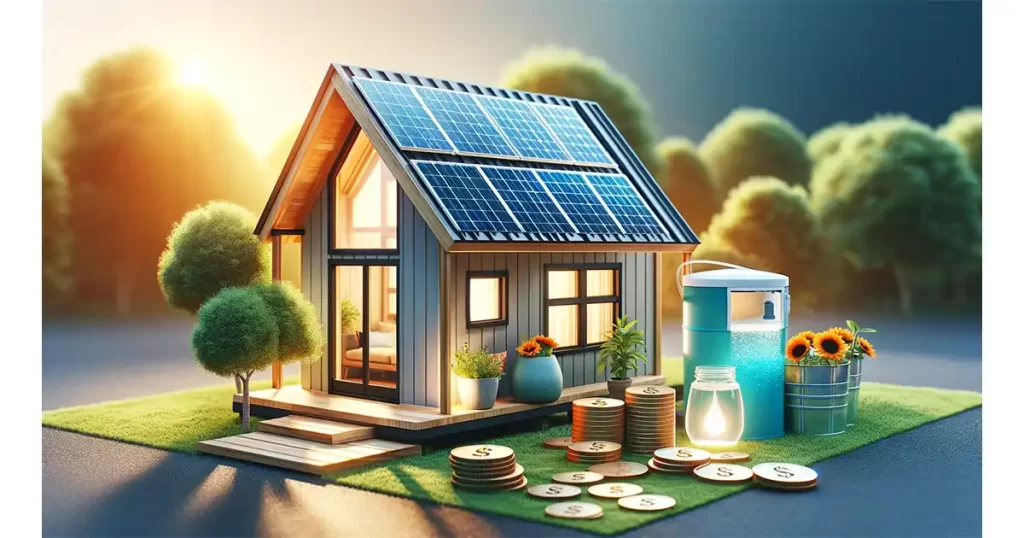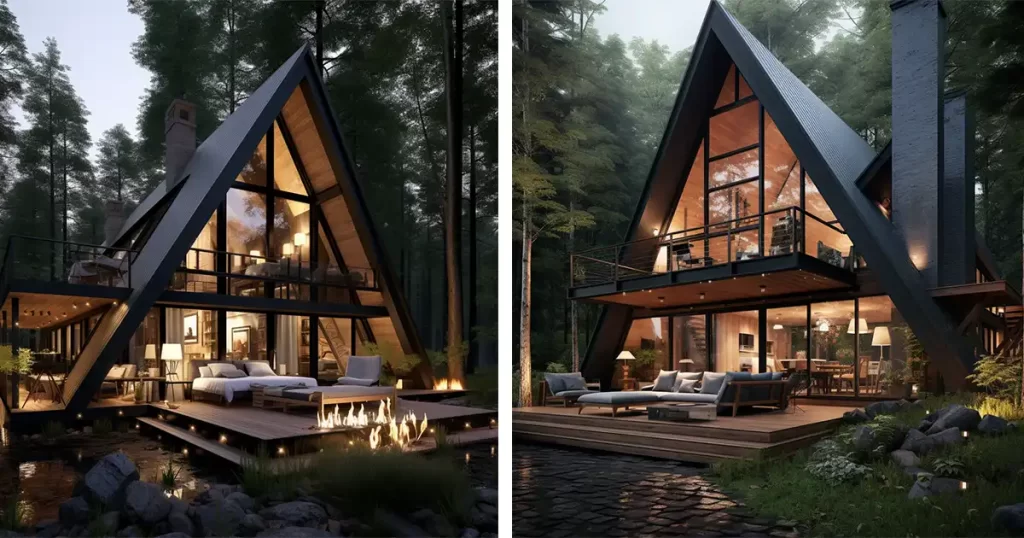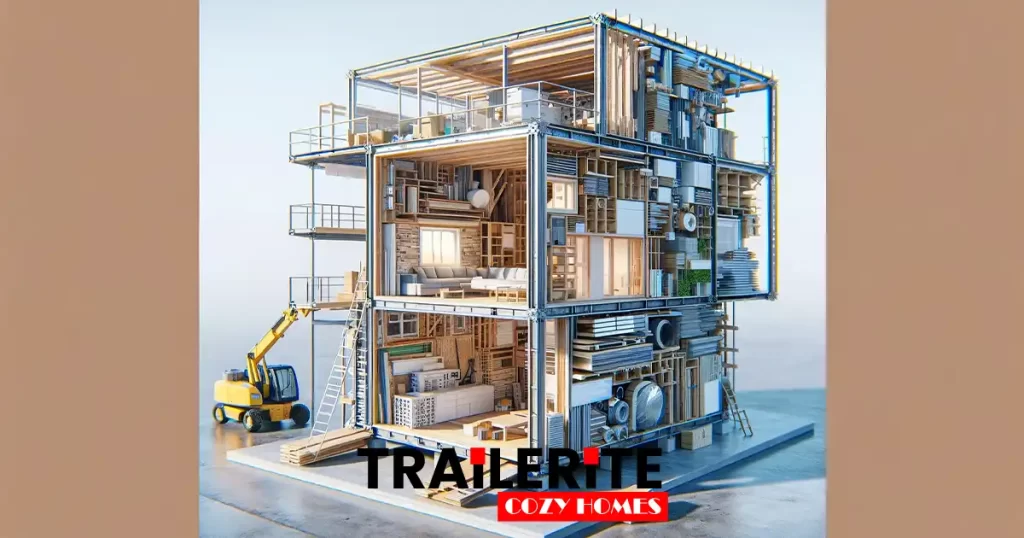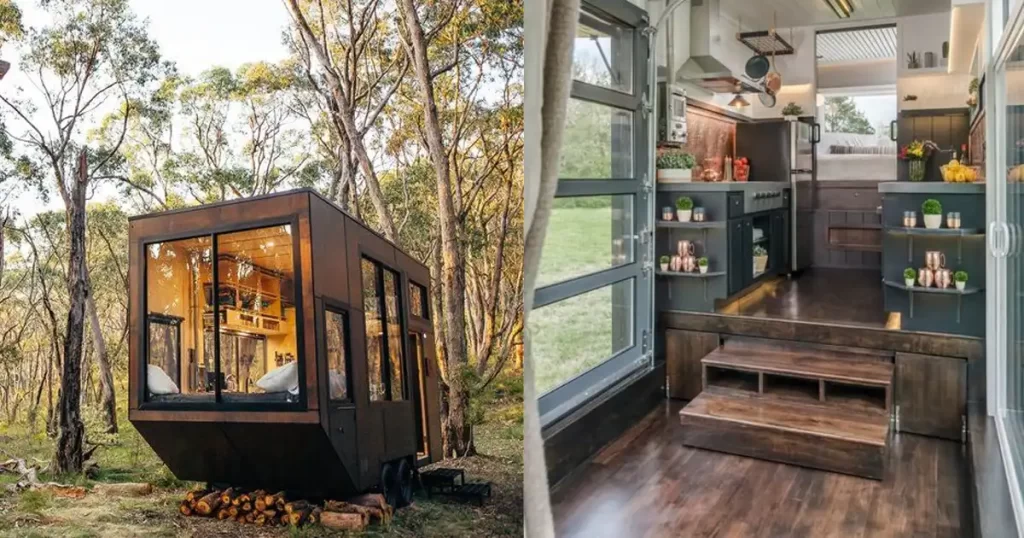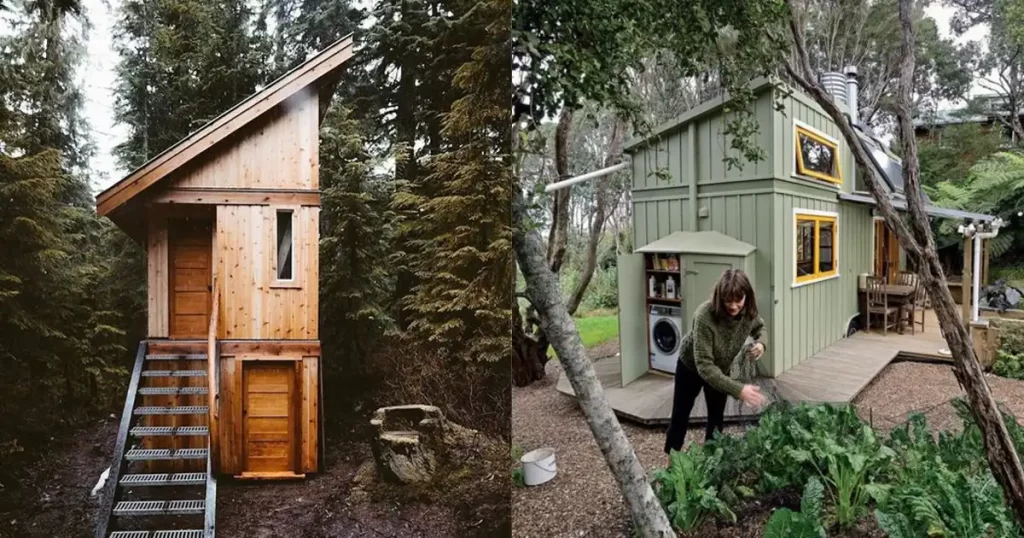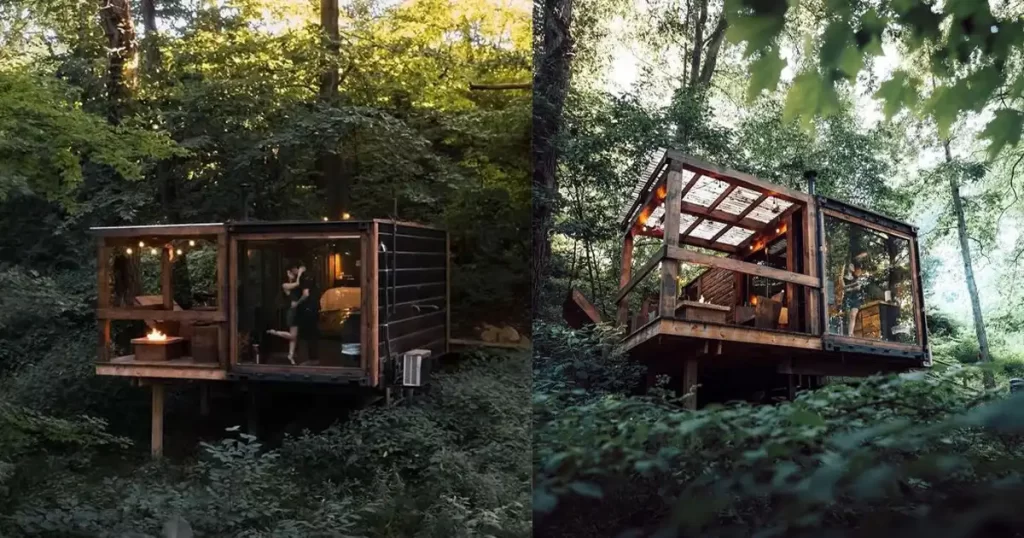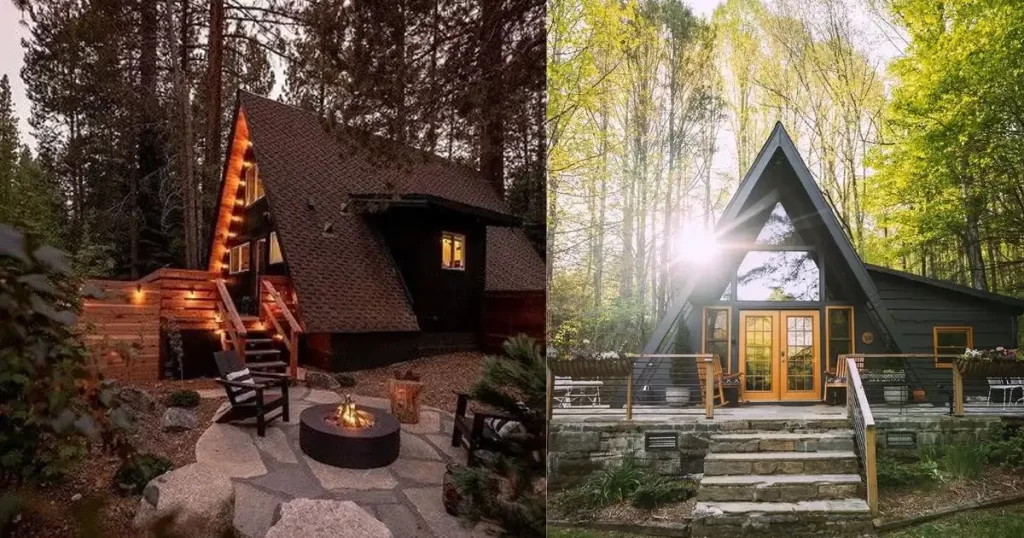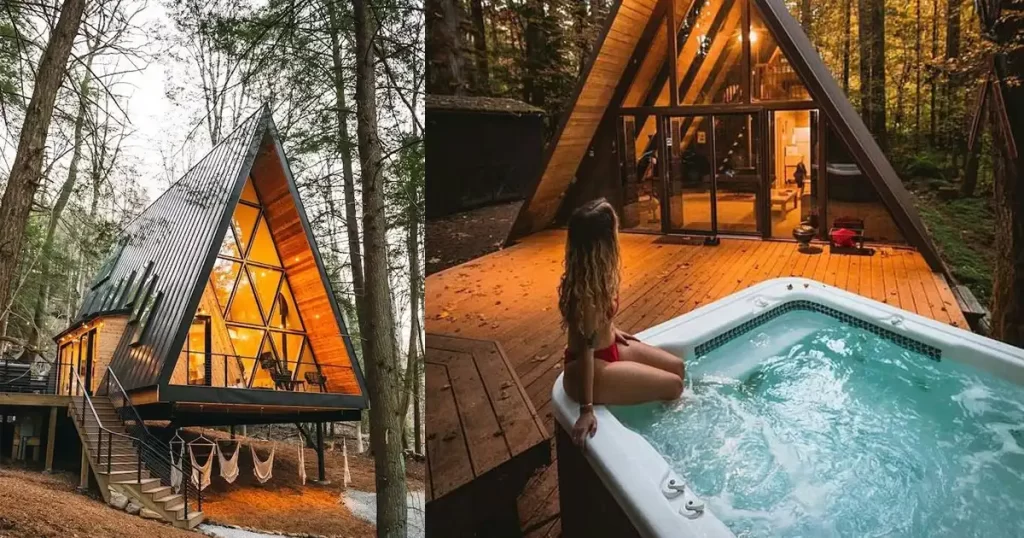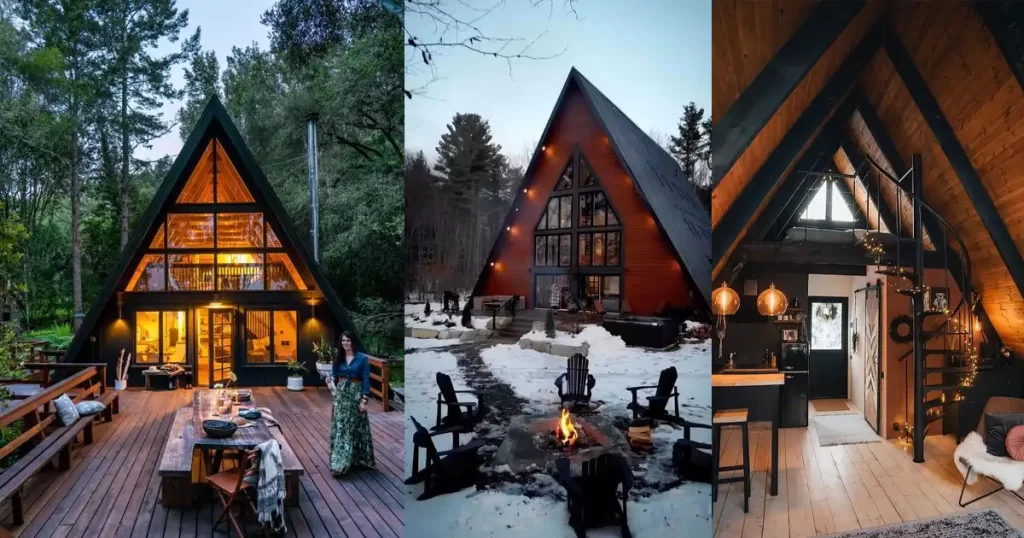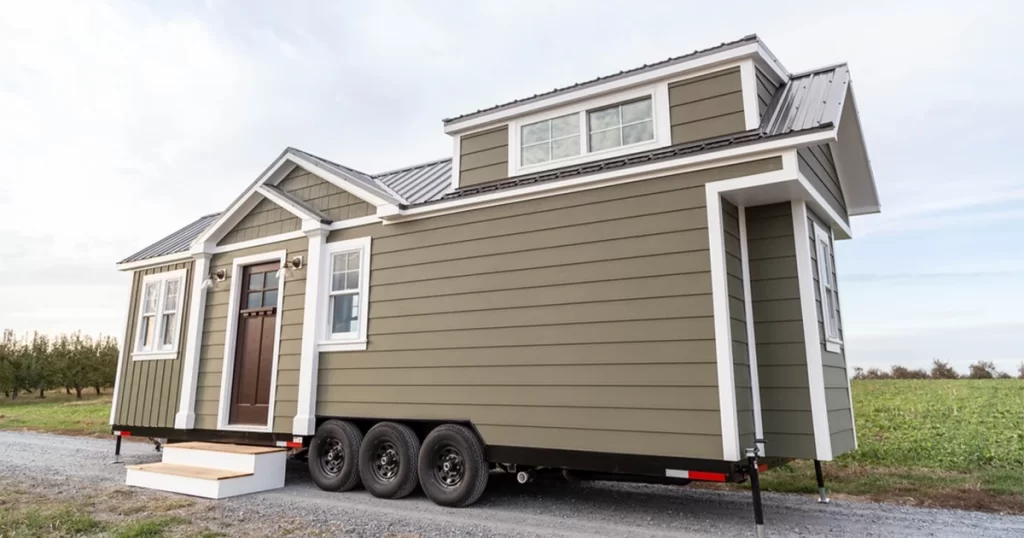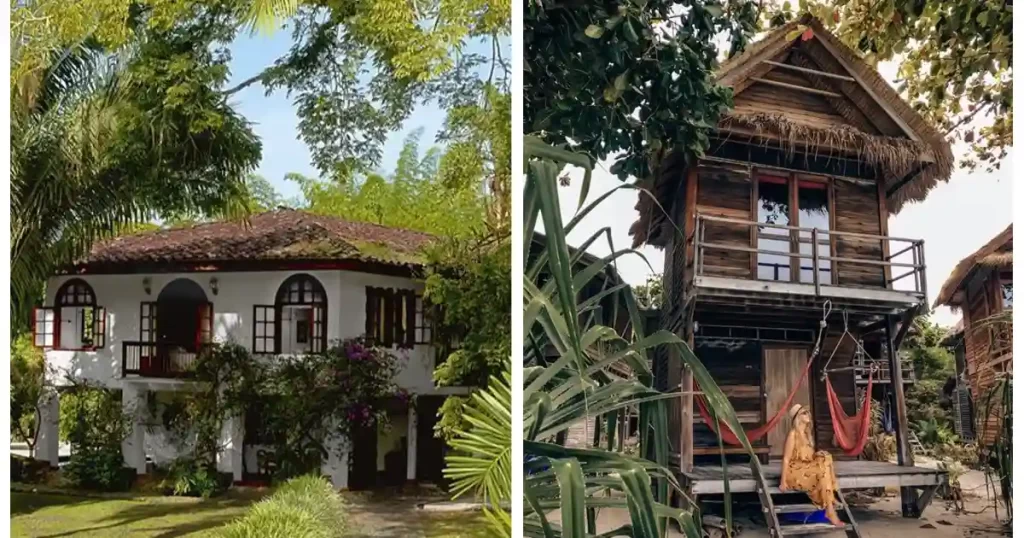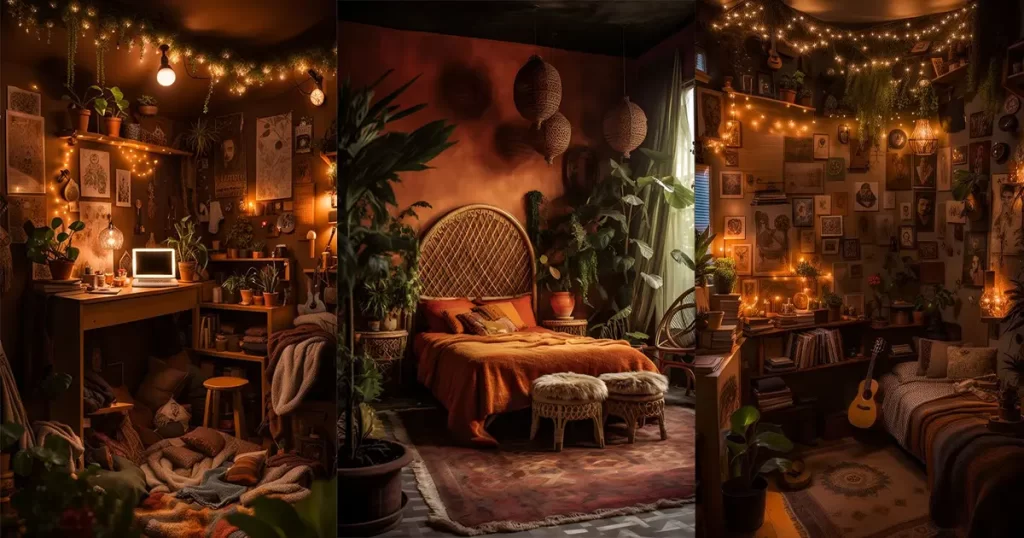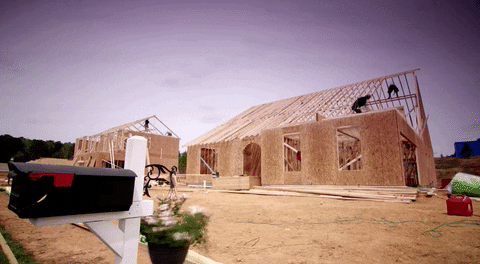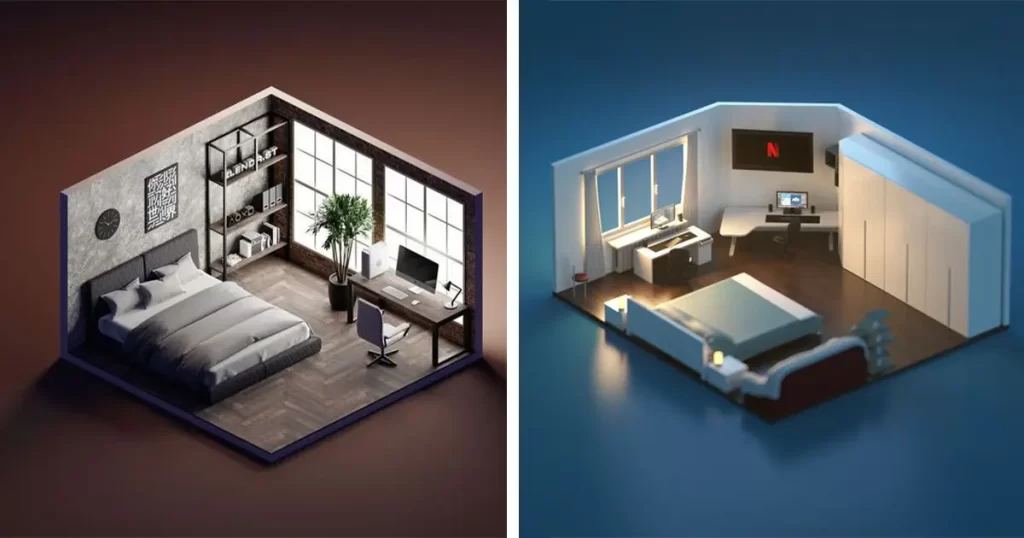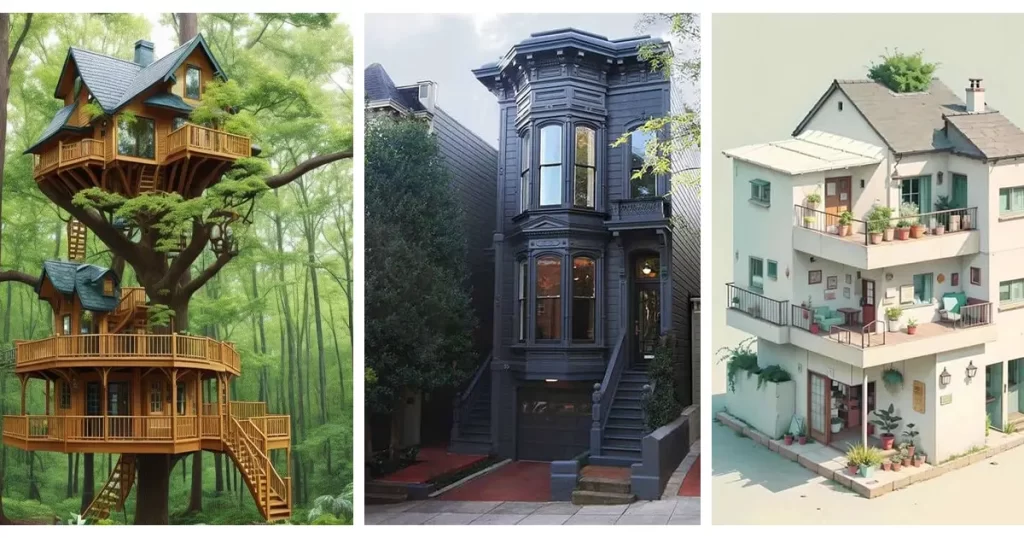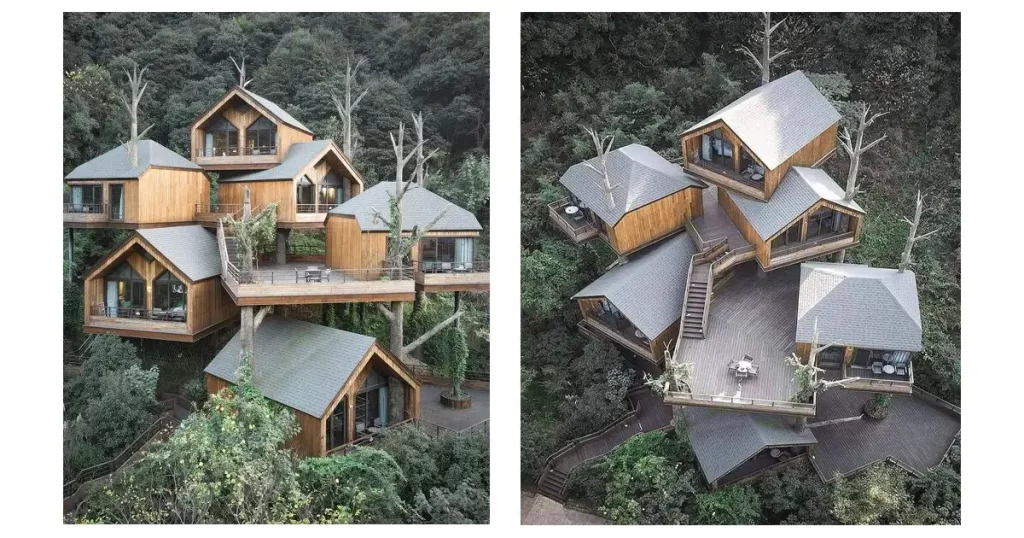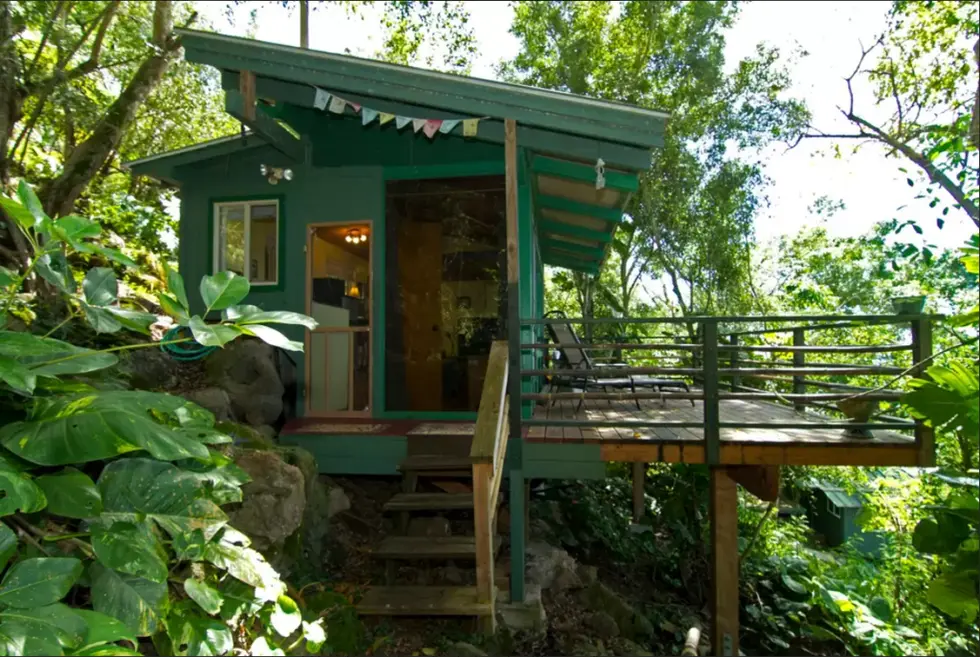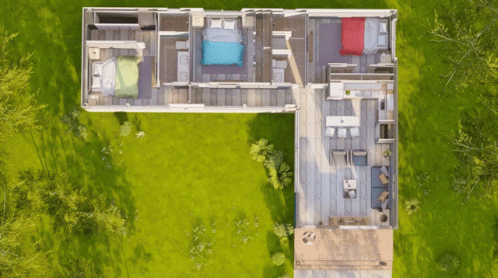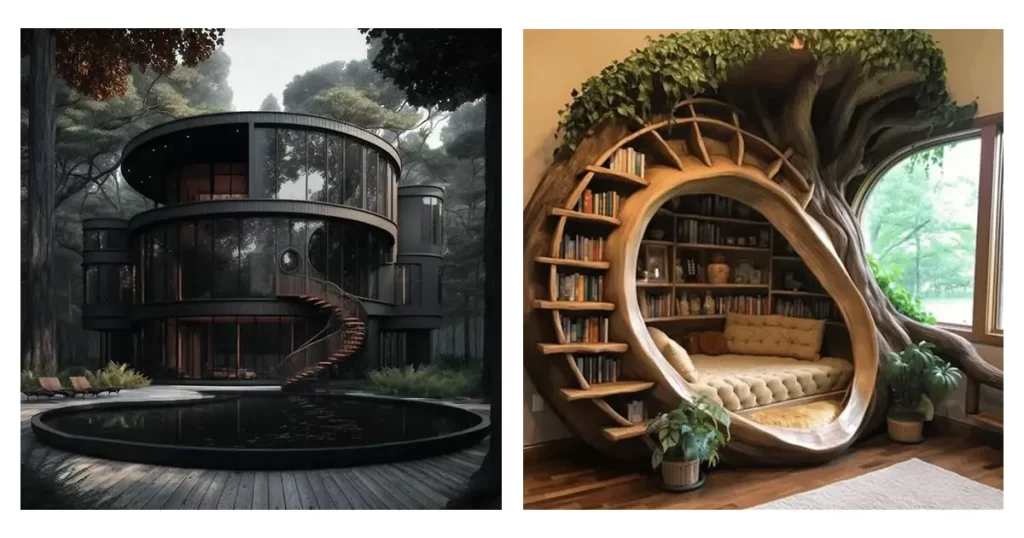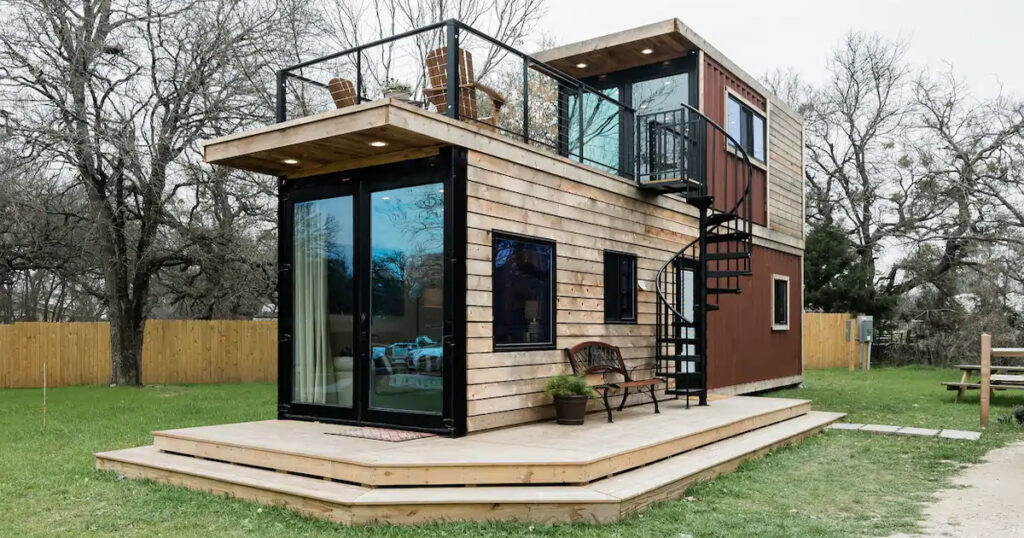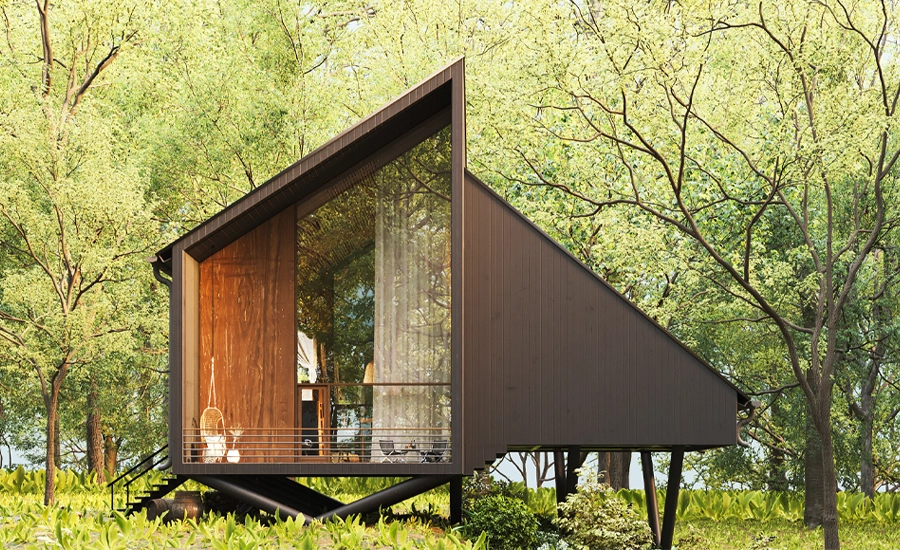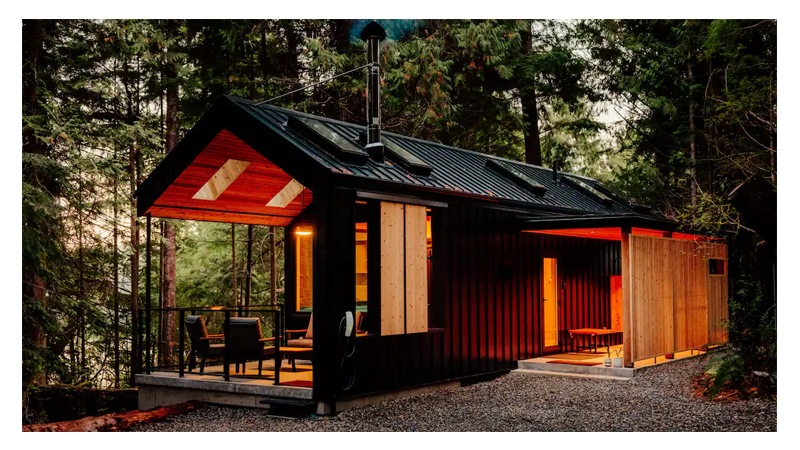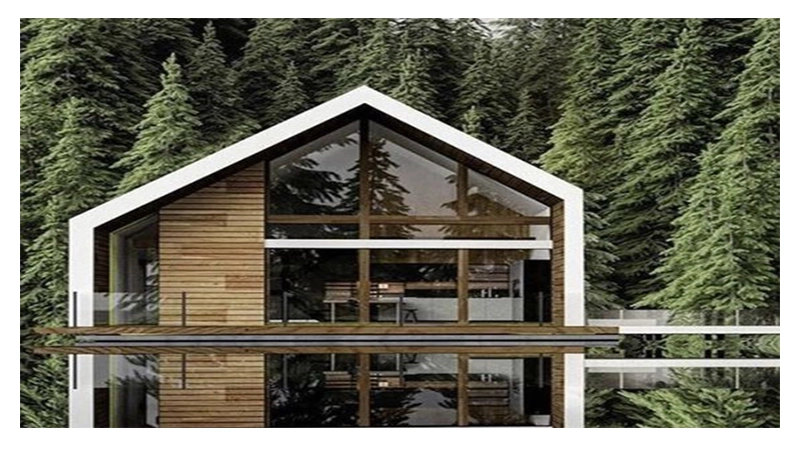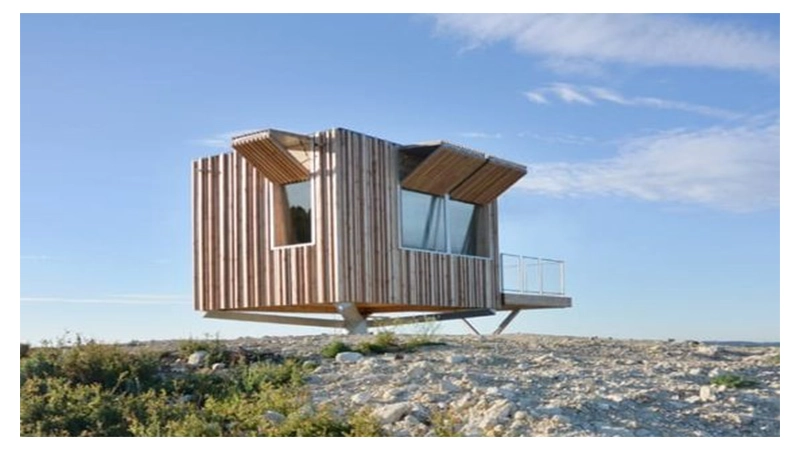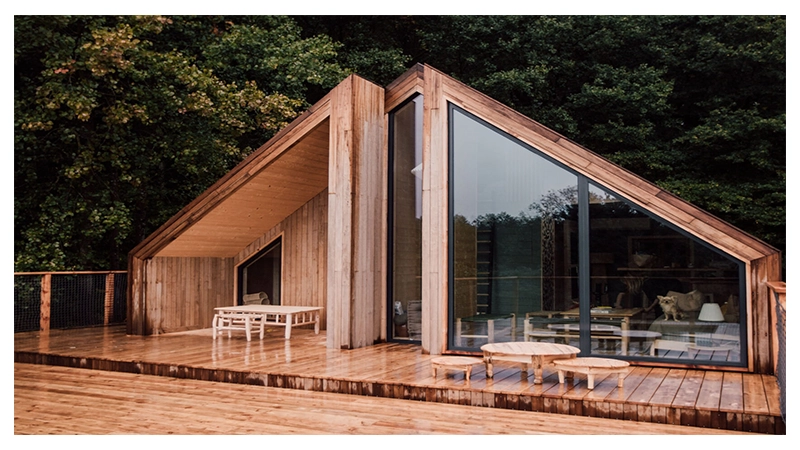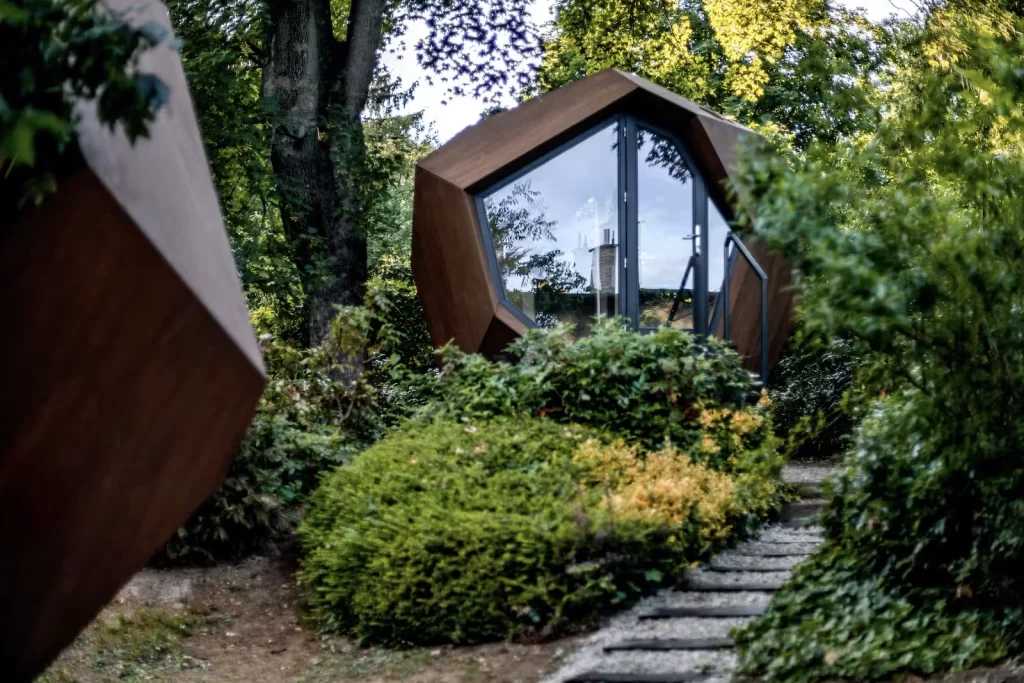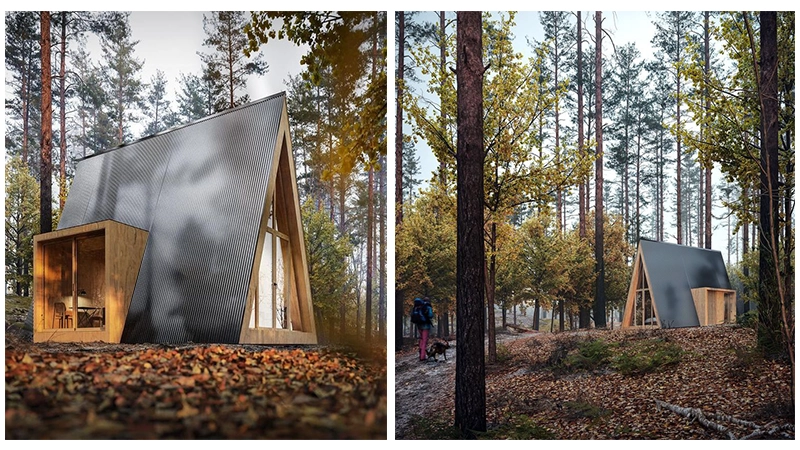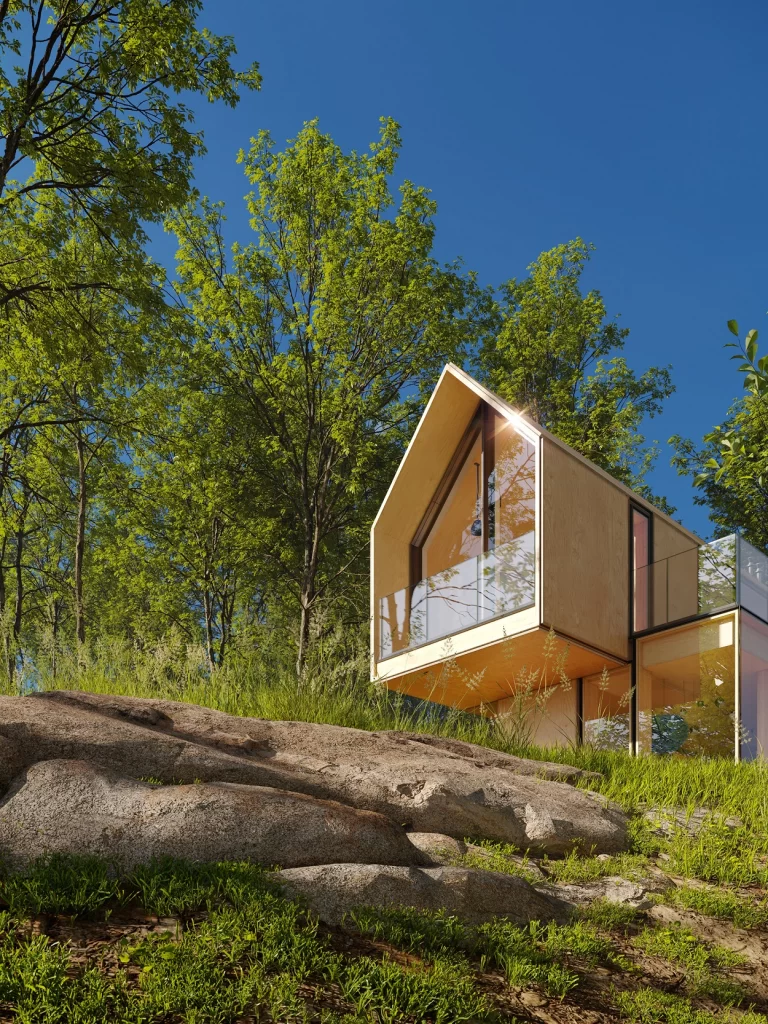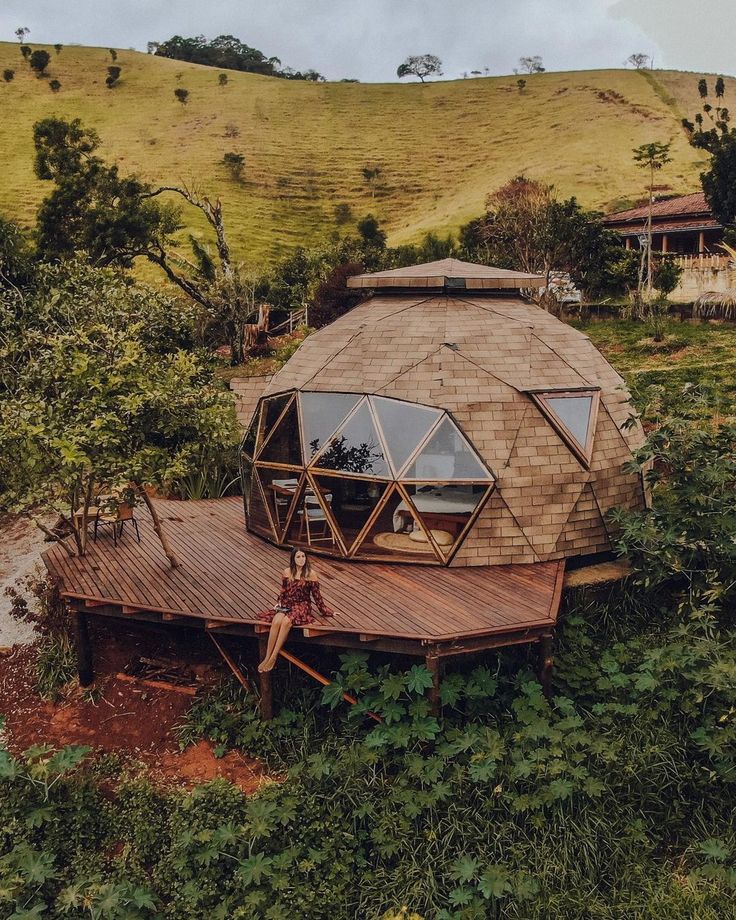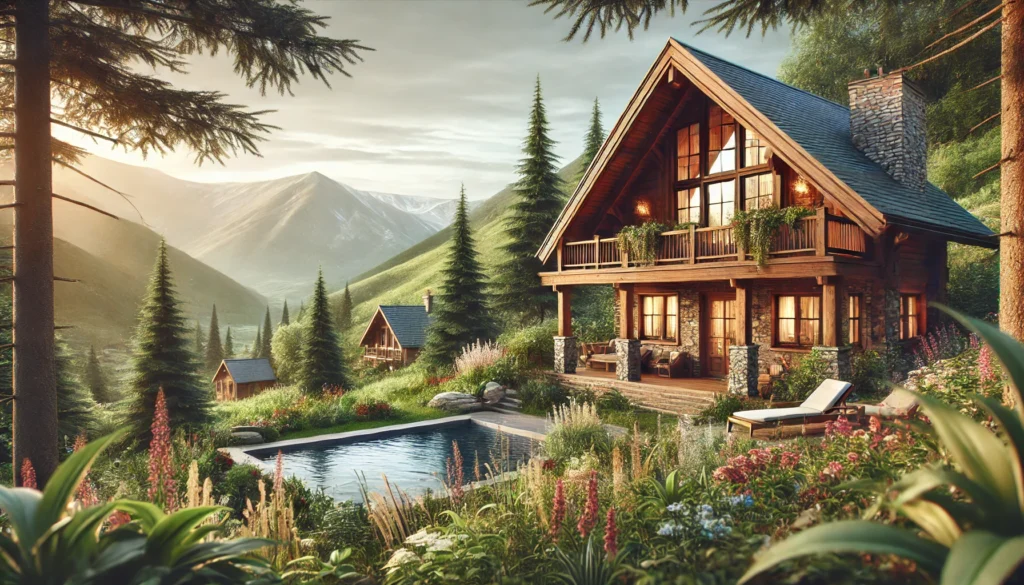
Unknown Facts About Caravans, Tiny Houses, and Portable Houses
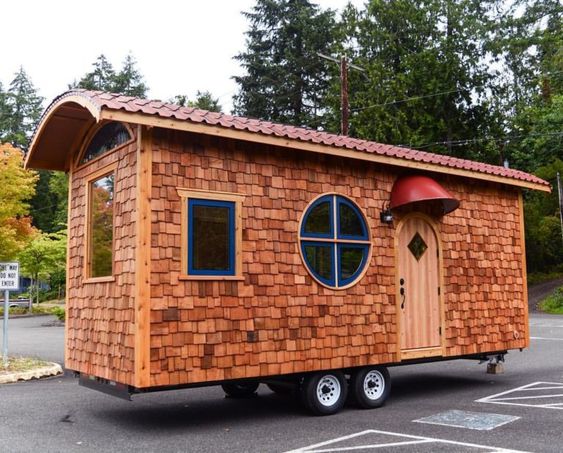
In the realm of housing, traditional homes are no longer the only option available. In recent years, there has been a surge in interest towards alternative living spaces such as caravans, tiny houses, and portable houses. These options not only reflect a minimalist lifestyle but also cater to those seeking mobility and a lower environmental footprint. This post delves into some lesser-known facts about these intriguing dwelling choices.
Caravans
Caravans, commonly referred to as travel trailers in the U.S., have a storied history. Originally horse-drawn and used by Romani people as their homes on wheels, modern caravans are equipped with all the comforts of a home, designed for leisure travel and camping.

Tiny Houses
Tiny houses have gained popularity due to their efficiency and sustainability. Typically measuring less than 400 square feet, these structures challenge the traditional American dream by emphasizing a smaller, more manageable living space.
Portable Houses
Portable houses are built to be movable. They are different from mobile homes in that they are often more temporary and can be set up on various sites with minimal impact on the environment.
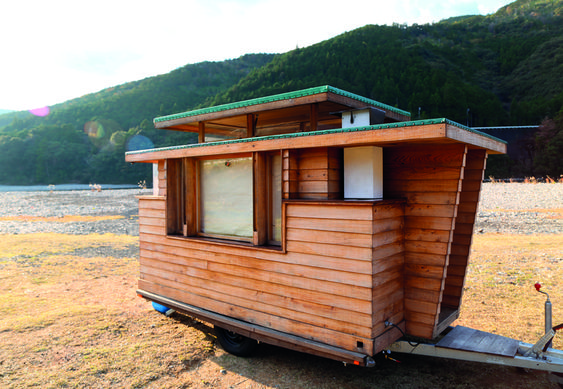
Cost Comparison
To better understand the financial implications of choosing these housing options, here is a comparative table of approximate costs:
| Housing Type | Initial Cost | Maintenance Cost | Mobility Feature |
|---|---|---|---|
| Caravan | $20,000 – $100,000 | Low to Medium | High |
| Tiny House | $30,000 – $60,000 | Low | Medium to High |
| Portable House | $15,000 – $50,000 | Low | High |
Environmental Impact and Sustainability
One of the most significant benefits of opting for smaller, mobile housing is the reduced environmental impact. These homes require fewer materials to build and maintain, and they often use less energy due to their size.
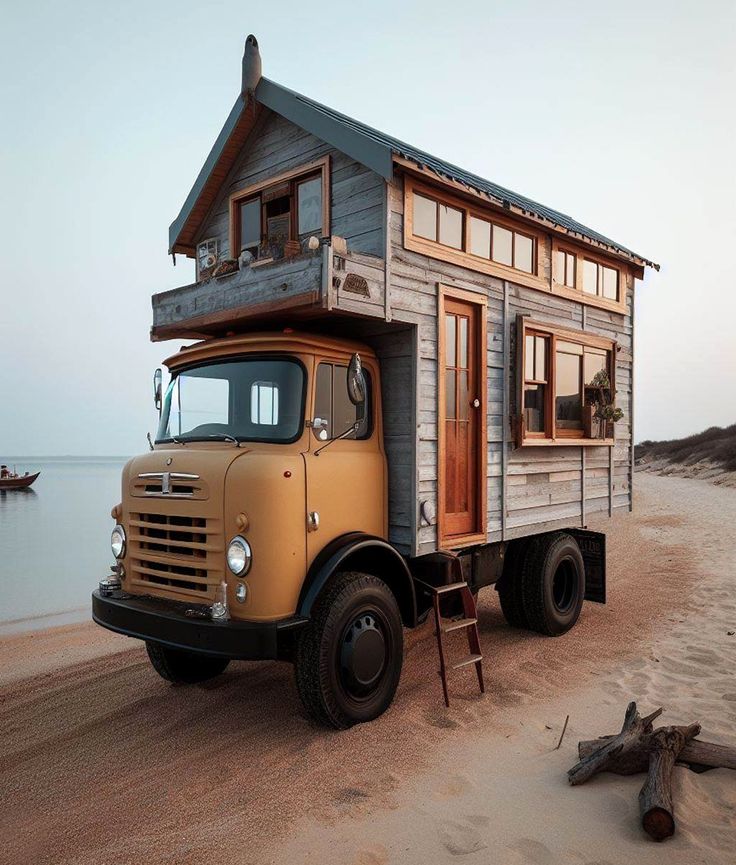
Challenges and Limitations
Despite the appeal, there are challenges associated with these types of homes, including zoning laws, lack of space, and limited amenities. These factors can be deterrents for those accustomed to more traditional living spaces.
Caravans, tiny houses, and portable houses offer unique alternatives to conventional housing. They provide a chance for individuals to redefine what home means to them, often incorporating greater mobility and a more sustainable lifestyle.
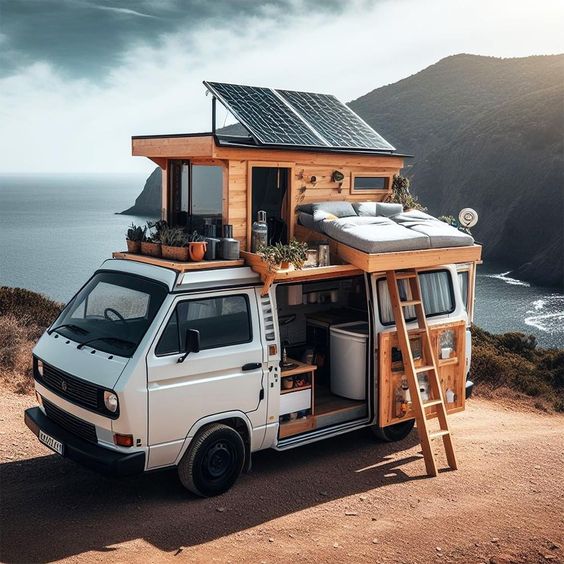
Advantages of Flexibility and Adaptability
The ability to relocate homes as needed is a primary advantage of caravans, tiny houses, and portable homes. This flexibility appeals especially to younger generations and digital nomads who prefer not to be tied to one location. These mobile homes can also be adapted for various uses, from a temporary residence during travel to a permanent home base, providing a versatile solution to modern living challenges.
Community and Lifestyle
Living in these alternative spaces often cultivates a unique sense of community among residents. Tiny house and caravan parks often feature communal areas where residents can share resources and socialize. This aspect can greatly enhance the quality of life, creating tightly-knit communities that are supportive and collaborative.
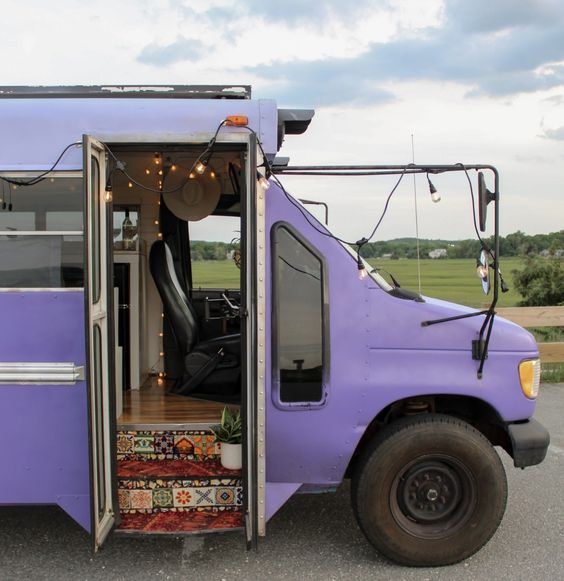
Technological Integration
As technology advances, so does the potential to integrate smart systems into mobile homes. Features such as solar panels, smart thermostats, and high-efficiency appliances are becoming more common, enhancing living comfort while reducing energy use. This integration not only supports a sustainable lifestyle but also caters to the modern homeowner’s demand for convenience and efficiency.
Design and Customization
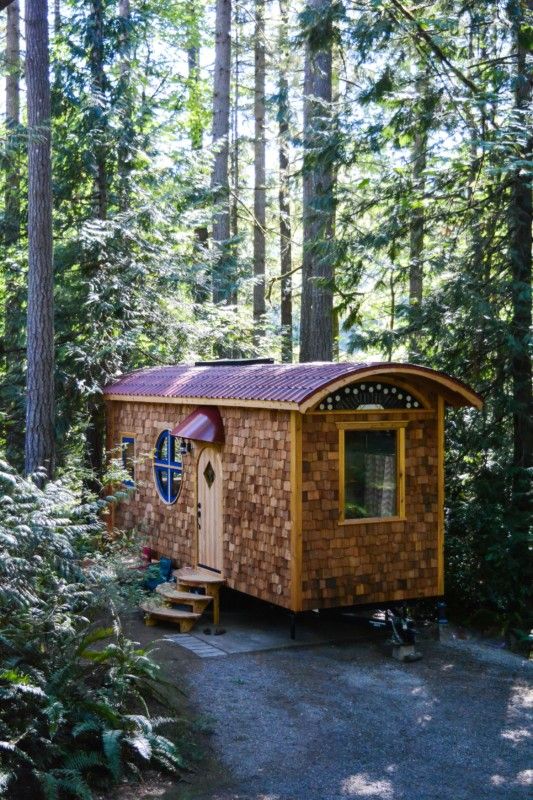
One of the appeals of alternative living spaces is the ability to customize according to personal tastes and needs. Owners can design their spaces with unique layouts, eco-friendly materials, and personalized features that reflect their lifestyles and values. This level of customization is less commonly found in traditional housing due to cost and regulatory constraints.
Financial Benefits and Investment Potential
Investing in a tiny house, caravan, or portable home can also have significant financial benefits. These homes typically incur lower upfront costs, reduced utility bills, and minimal land fees, particularly if they are located in a park or shared land space. Additionally, the growing popularity of these homes can potentially lead to increased resale value, making them not only a lifestyle choice but also a savvy investment.
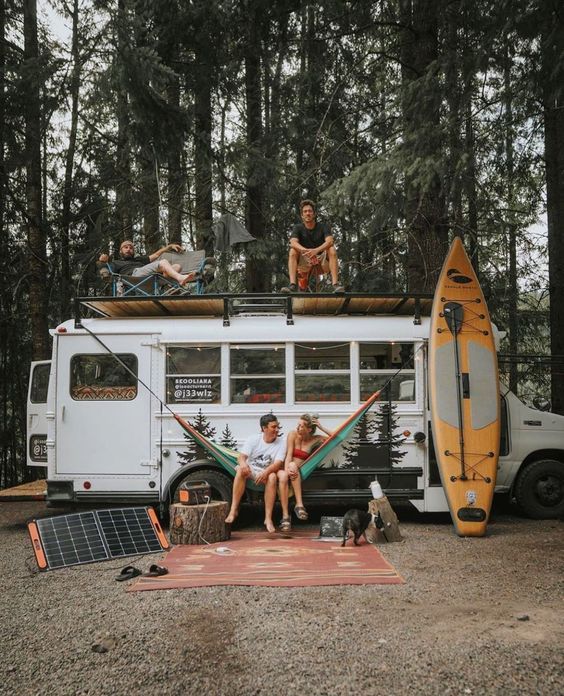
Legal and Regulatory Considerations
Navigating zoning laws and building regulations is crucial for anyone considering alternative housing. Many regions have specific codes that address the placement and construction of tiny houses and mobile homes. Being well-informed about these regulations can prevent legal issues and ensure compliance, which is essential for a hassle-free living experience.
These expanded sections provide a comprehensive view of the benefits and considerations associated with alternative living spaces, highlighting how they cater to diverse needs and preferences in contemporary society.

